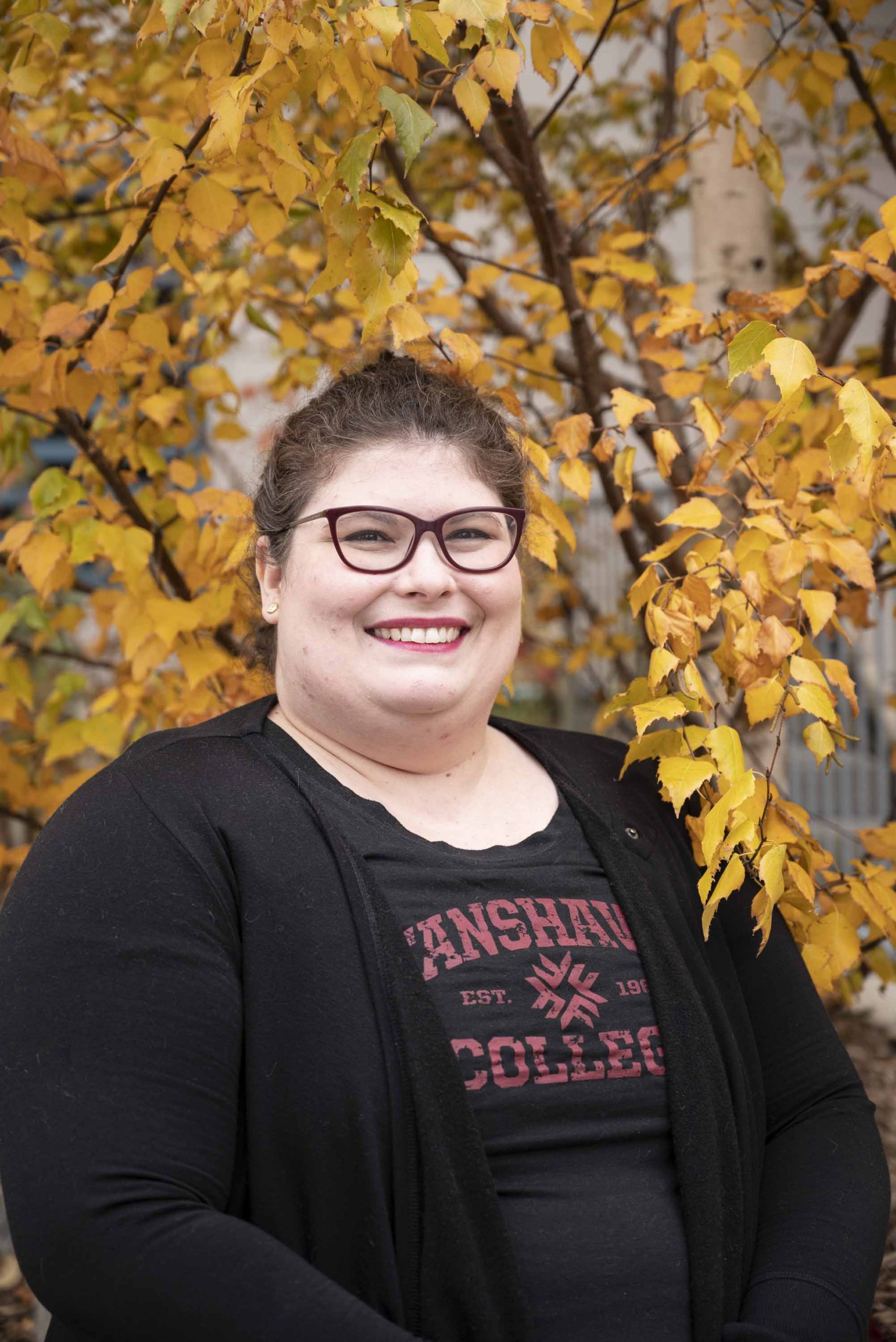Catherine Steeves
Role: Instructional Design

Describe your first introduction to the concept of OER? How has your understanding of Open Pedagogy changed by being part of a team advancing OER support?
My first introduction to OERs was during my Masters program at University of British Columbia. I learned more in the following years through attending the ICED 2017 conference and subsequent professional development opportunities.
In your OER role in the design studio, describe some of the challenges with creating OER material as you see it?
I have found that it has been very challenging finding up to date information and tutorials on how to create accessible materials, specifically, when the content requires more than headings and basic images.
Another challenge was knowing when to deem a project complete. There are always more things to change and improve so it can be hard to know when to stop, especially when you want to create a high-quality product.
In your role identify ONE benefit and ONE challenge you experienced in the design/delivery process.
A benefit would be being part of a dedicated team. It is good to have the support of a team with different skills and knowledge which can be shared. It also helps to create consistency throughout the various projects since all the knowledge can be pooled so no one is starting from the beginning.
The main challenge is learning all the various systems and their best practices. It takes longer than you think to become comfortable with a system and even longer to find all the efficiencies.
The biggest thing is time. Time to learn but also to explore. Being able to learn more deeply about different topics and keeping up with the latest research will be important going forward.
Catherine’s Design Tips
 Get prepared before you begin. Sort out any copyright issues, get the images organized, and then take some time to look over the project as a whole so you can decide on some overall elements to provide consistency throughout the project. It is much easier to take some time upfront than have to go back through later.
Get prepared before you begin. Sort out any copyright issues, get the images organized, and then take some time to look over the project as a whole so you can decide on some overall elements to provide consistency throughout the project. It is much easier to take some time upfront than have to go back through later.- A challenge is trying to complete them quickly and to a high standard. It can be difficult knowing where to draw the line of “good”. What is helpful is to remember that OERs are iterative, they are made to be changed and updated. Changes are easy to make if you decide one is necessary later.

